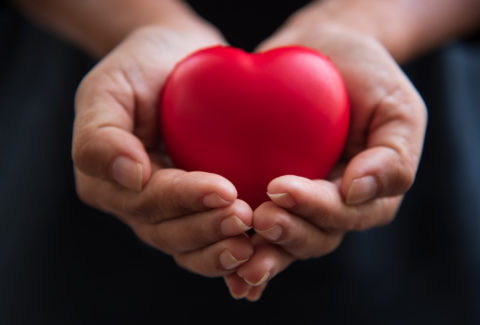The Power of Community
In a world where we’re more connected than ever through technology, it’s ironic that loneliness is considered more deadly than smoking[1]. Yet, the importance of community cannot be overstated. Take Mardoche, for example. Despite becoming a medical director and a leader in American medicine, he often attributes his success to the community he grew up with in Haiti.
Loneliness is a silent epidemic[2], and social support has emerged as one of the pillars of health. Studies, like those from Harvard[3], have shown that social connection is the number one factor for happiness. Belonging, the third tier of Maslow’s Hierarchy of Needs, underscores our inherent desire to survive, grow, and share together.[4]
However, despite this innate need, we often fail to prioritize community. We cite lack of time, feelings of not belonging, or dismiss it as a waste. But what if community held the key to addressing the mental and emotional challenges faced by our patients and clients? What if it could combat clinician burnout and physician suicide? What if it could drive the transformation of mental health care?
In a world where technology brings us closer yet leaves us feeling isolated, it’s time to reevaluate the importance of community. It’s time to challenge our limiting beliefs that hinder us from being part of a community that elevates our practice and enhances our work with patients and clients.
Are you interested in finding a community that aligns with your needs? Reach out to us at contact@sweetinstitute.com to learn more about how to connect and thrive in a supportive community.
[1] Hertz, Noreena. The lonely century: how to restore human connection in a world that’s pulling apart. Currency, 2021.
[2] Periyakoil, V. J., and Timothy E. Quill. “‘The Worst Part Is Not the Pain; It Is the Loneliness’: Detecting and Managing the Silent Epidemic of Loneliness (FR477).” Journal of Pain and Symptom Management 59.2 (2020): 484.
[3] Vaillant, George E. Triumphs of experience: The men of the Harvard Grant Study. Harvard University Press, 2012.
[4] Martino, Jessica, Jennifer Pegg, and Elizabeth Pegg Frates. “The connection prescription: using the power of social interactions and the deep desire for connectedness to empower health and wellness.” American journal of lifestyle medicine 11.6 (2017): 466-475.




